All About Prong Settings
Prong settings are one of the most popular ways to set a diamond or a gemstone. In our last post, we covered a variety of ring settings including prongs. Today we want to take a deeper dive into the advantages and disadvantages of this setting.
As a quick recap, prong settings use metal projections or tines, called prongs, to secure a gemstone to a piece of jewelry. There's also the V-prong setting which is a variation used with more angular-shaped stones. You can think of a prong setting almost like a claw that holds your gemstone snugly in place.
Pros of a Prong Setting
A prong setting shows off the entire diamond since the maximum surface area of the diamond or gemstone is visible and allows a lot of light to shine through it. Since the thin prongs hide very little, your diamond can really sparkle! This setting is also extremely versatile in that you can set various sizes and shapes of gemstones. Plus, it is easy to clean. Prong settings are popular for a reason...they are timeless and elegant!
Cons of a Prong Setting
There are a few drawbacks with this common setting to keep in mind if you are considering purchasing a prong set ring. For example, prongs are more likely to snag on your clothes or other materials due to the claw-like nature of the setting.
You also need to examine and inspect your prong settings at least twice a year because the prongs can get loose over time, or, due to snagging or catching, they could have weakened or become damaged.
And while it's a benefit that prong set gemstones are easier to clean, cleaning them at home can be risky as you can weaken the setting and consequently damage the gemstones. If cleaning your jewelry at home, be sure to use what your jeweler recommends or have them professionally cleaned.
What to Do if a Prong is Damaged or Your Stone is Loose
In order to avoid losing your diamond from your engagement ring or that precious heirloom emerald estate ring you inherited from your grandmother, it's important to pay attention to your prongs and inspect them regularly.
If you notice that a prong is damaged or a stone is loose, try to get your jeweler as soon as you can.
Once the stone is loose, it’s very easy for it to fall out of its setting. If you can't get to your jeweler right away, stop wearing the ring until you can. Wearing the ring will put your stone at greater risk of being lost due to the constant motion or getting bumped and knocked out of the setting entirely.
It's a terrible thing to lose a beloved family heirloom or your cherished engagement ring. Besides the heartache, it can cost a lot of money to replace.
How to Check Your Prongs
Your best bet is to take your ring to your jeweler and get it examined twice a year. In between those times, you can certainly keep an eye on things yourself.
First, take off your ring and take a look at it, preferably using a loupe—a small magnifying glass—or under a very bright light.
Check and see if any of the prongs are bent or out of alignment in some way. Ideally, all your prongs should be touching your stone and the stone should not be loose in any way.
Again, if you see a broken prong or see signs of wear and tear, do not wear the ring until you can get it repaired.
How are My Prongs Repaired?
If you notice a problem during your inspection, take it to your jeweler and they will determine the best course of action.
If the prongs are just bent, the jeweler will straighten them out.
If one or more of your prongs are broken or showing significant signs of wear and tear, they may need to be re-tipped. When a prong is re-tipped, the jeweler takes the stone out of its setting, removes the damaged prong and replaces the prong with a new one through soldering.
Re-tipping is mostly used for newer rings; however, once a prong has been replaced, the newer one will likely be weaker than the original, so you need to keep a close eye on it.
For older rings, your jeweler may recommend replacing the whole setting to be on the safe side and to ensure against further problems. It's important to work with a jeweler you trust and has the proper skills so you can have piece of mind that the best course of action is being taken for your ring.
Generally, replacing the whole prong setting instead of individual prongs is a safer way to go and ensures the new prongs will last longer.
A Few of Our Favorite Prong Set Engagement Rings
We're honored that Mullen Bros. Jewelers ranks #1 in overall customer ratings among all jewelry stores in Southeastern Massachusetts and we will continue to take care of our neighbors and friends, one jewel at a time.
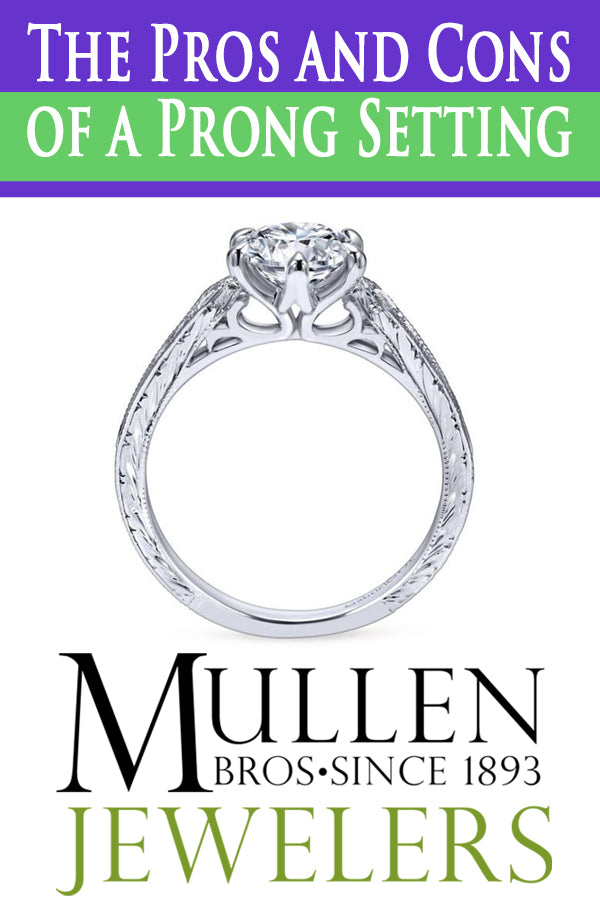
Explore more
- 3 Diamond Jewelry Pieces Every Woman Needs
- Alison Kauffman Jewelry
- all about diamond shapes
- all about diamond color
- all about diamond cuts
- all about earrings
- all about earrings types of earrings
- all about fancy shaped diamonds
- all about fancy shaped diamonds all about fancy cut diamonds
- All About Prong Ring Settings
- Alternative Engagement Rings
- anniversary bands
- anniversary gifts
- April birthstone Jewelry
- Are Cocktail Rings the same as Statement Rings?
- asscher cut diamonds
- bangles
- basic jewelry care
- basic jewelry guide
- basic jewelry pieces every woman must have
- basic jewelry wardrobe
- best gifts for your bridesmaids
- bezel setting
- Birthstone Amethyst Jewelry
- birthstone jewelry
- Blue Topaz
- blue topaz birthstone jewelry
- blue topaz jewelry
- bracelets
- Bridesmaid's gifts
- bright bold jewelry
- brilliant cut diamonds
- Bypass style engagement rings
- Carla Corporation
- Carla Corporation Jewelry
- channel setting
- charms
- christmas gifts for him
- Christmas Jewelry Gifts for her
- Citizen Watches
- citrine birthstone facts
- citrine birthstone jewelry
- citrine jewelry
- cluster diamond engagement rings
- cluster setting
- Cocktail Rings
- Cushion Cut Diamond Engagement Rings
- Cushion Cut Diamond Rings
- Cushion Cut Diamonds
- custom made wedding bands
- custom wedding bands
- definition of a carat
- diamond clarity
- Diamond cocktail rings
- diamond color
- diamond cut
- Diamond earrings
- Diamond Education
- diamond engagement ring settings
- diamond engagement rings
- diamond engagement rings under $3000
- diamond engagement rings with side stones
- diamond halo engagement rings
- diamond jewelry
- Diamond necklaces
- diamond solitaire engagement ring
- difference between a gypsy and bezel setting
- difference between carat and karat
- difference between diamond shape and diamond cut
- difference between fancy shape and fancy cut diamonds
- different types of promise rings
- Drop Earrings
- earring backs
- Earrings at the 2018 Emmy's
- easy valentine's jewelry gifts
- edgy pearls
- edwardian engagement rings
- edwardian wedding sets
- Emerald Cut Diamond Engagement Rings
- emerald cut diamonds
- emerald jewelry
- engagement
- Engagement Ring Education
- engagement ring question you may be embarrassed to ask
- Engagement Ring Questions
- Engagement Ring Terminology
- Engagement Ring Terms
- Engagement Ring Trends 2017
- engagement rings
- engagement rings under $3000
- fall themed jewelry
- fancy cut diamond engagement rings
- fancy cut diamonds
- fancy shaped diamond engagement rings
- fancy shaped diamonds
- Fashion Jewelry News
- February Birthstone Amethyst
- finding the perfect anniversary gift
- flush mount setting
- Frederick Goldman
- Frederick Goldman Jewelry
- Gabriel & Co. New York
- Gabriel & Co. New York Engagement Rings
- Gabriel & Co. New York Fashion Jewelry
- Gabriel and Company New York
- Garnet Birthstone Jewelry
- geometric jewelry
- Get the 2019 Oscar Jewelry Look
- Get the Perfect Engagement Ring Selfie
- getting the perfect surprise proposal picture
- GIA Diamond Color Scale
- gift ideas for mom
- golden globes 2018
- golden globes hot jewelry looks 2017
- Golden Globes Top Jewelry Moments
- green colored jewelry
- gypsy setting
- halo ring setting
- hiding your engagement ring before popping the question
- History of Movado
- Holiday Gift Guides
- holiday gifts for him
- holiday gifts under $300
- Holiday jewelry for under $200
- holiday jewelry trends 2016
- Hot Jewelry for Summer
- how to achieve the layered necklace look
- how to figure out your girlfriend's engagement ring size
- how to figure out your girlfriend's ring size
- how to get a diamond engagement ring on a budget
- How to Get the Perfect Engagement Ring Photo
- how to get the perfect surprise proposal picture
- how to layer necklaces
- how to pick an oval diamond engagement ring
- how to pick the right watch
- How to save for your engagement ring
- how to store your jewelry
- how to take care of your jewelry
- how to travel with jewelry
- Including Pets in Your Wedding Proposal
- invisible setting
- is a diamond's color important
- January birthstone
- January Birthstone Garnet
- Jewelry Education
- jewelry every woman must have
- jewelry for valentine's day
- Jewelry Gift Guides
- Jewelry Gift Ideas
- Jewelry Ideas for Mom
- jewelry ideas for mother's day
- jewelry trends 2016
- jewelry trends 2017
- jewelry trends for 2018
- Jewelry under $1000
- jewelry under $500
- jewelry wardrobe
- John Medeiros Jewelry Collection
- July Birthstone Jewelry
- July birthstone Ruby
- July Birthstone Ruby Jewelry
- june birthstone alexandrite
- June birthstone Moonstone
- June birthstone pearl
- Kendra Scott
- Kendra Scott Jewelry
- kinds of promise rings
- Lady Gaga's Engagement Ring
- lafonn jewelry
- last minute christmas gift ideas
- last minute gift ideas
- last minute holiday gift ideas
- layered look
- layering necklaces
- London Blue Topaz
- March birthstone aquamarine
- march birthstone jewelry
- May Birthstone Emerald
- men's watches
- men's wedding bands
- Merry Christmas 2015
- Michael Kors Watches
- Mismatched Earrings
- morganite
- morganite engagement rings
- morganite jewelry
- morganite rings
- Mother's Day Gift Ideas
- mother's day gifts
- Mother's Day Jewelry Gift Ideas
- Movado
- Movado Watches
- Non-Traditional Engagement Rings
- October Birthstone Jewelry
- October Birthstone Opal
- October Birthstone Tourmaline
- orange and gold jewelry
- oval cut diamonds
- oval diamond engagement rings
- oval diamonds
- Paris Hilton Lost Her Engagement Ring
- Paris Hilton's Diamond Engagement Ring
- Pear Shaped Diamond Engagement Ring
- pear shaped diamonds
- pear shaped jewelry
- pearls
- perfect jewelry gifts for mother's day
- perfect surprise proposal pictures
- peridot
- peridot birthstone jewelry
- peridot facts
- pets and your proposal
- picking the perfect anniversary gifts
- picking the right watch
- Pippa Middleton's engagement ring
- Pippa Middleton's wedding rings
- popular styles of promise rings
- Princess cut diamond
- princess cut diamond engagement ring
- princess cut engagement ring
- promise ring
- promise rings
- prong setting
- prong setting jewelry
- pros and cons of a prong setting
- rhythm of love jewelry
- rose gold
- Rose Gold Diamond Engagement Rings for 2018
- rose gold jewelry
- round cut diamonds
- round diamond engagement rings
- round diamonds
- round shape diamonds
- sapphire
- sapphire birthstone jewelry
- Sapphire Diamond Engagement Rings for 2018
- sapphire earrings
- sapphire jewelry
- sapphire necklaces
- sapphire rings
- secrets to layering necklaces
- smart ways to get a bigger engagement ring
- smart ways to save for your engagement ring
- sneaky ways to figure out her ring size
- solitaire diamond
- solitaire diamond engagement ring
- solitaire engagement ring
- St. Patrick's Day
- stacked enagement ring sets
- stacked engagement rings
- stacked rings
- stacked wedding ring sets
- stacked wedding rings
- Statement Necklaces
- statement rings
- summer jewelry
- Summer Jewelry Looks
- Swiss Blue Topaz
- The Best Jewelry at the 2019 SAG Awards
- the best way to wear a watch
- The History of the Cocktail Ring
- Ti Sento - Milano
- Ti Sento - Milano Jewelry
- tips for layering necklackes
- top 10 valentine's day heart jewelry gift ideas
- top jewelry trends 2017
- Two Tone Gold Jewelry
- two-tone jewelry
- twogether jewelry
- types of earrings
- understanding ring setting techniques
- Unique ways to hide your engagement ring
- unique wedding bands
- Upgrading Your Engagement Ring
- v-prong setting
- Valentine's Day Gift Ideas
- valentine's day heart jewelry
- valentine's day jewelry
- Valentine's Day Jewelry Gift Ideas
- valentine's jewelry
- valentine's jewelry for her
- Video Music Awards 2018
- vintage diamond engagement rings
- Vintage Diamond Engagement Rings for 2018
- vintage inspired engagement rings
- watche styles to suit every man
- watches for every man
- watches for him
- wearing watches with style
- wedding band weekend
- wedding bands
- wedding bands for men
- What Do You Do If You Lost Your Diamond Engagement Ring
- what is a carat
- what is a promise rings
- what is morganite
- what is rose gold
- White and Gold Jewelry
- whitehouse brothers
- Why Wear a Watch
Share this
From the blog
View all- 3 Diamond Jewelry Pieces Every Woman Needs
- Alison Kauffman Jewelry
- all about diamond shapes
- all about diamond color
- all about diamond cuts
- all about earrings
- all about earrings types of earrings
- all about fancy shaped diamonds
- all about fancy shaped diamonds all about fancy cut diamonds
- All About Prong Ring Settings
- Alternative Engagement Rings
- anniversary bands
- anniversary gifts
- April birthstone Jewelry
- Are Cocktail Rings the same as Statement Rings?
- asscher cut diamonds
- bangles
- basic jewelry care
- basic jewelry guide
- basic jewelry pieces every woman must have
- basic jewelry wardrobe
- best gifts for your bridesmaids
- bezel setting
- Birthstone Amethyst Jewelry
- birthstone jewelry
- Blue Topaz
- blue topaz birthstone jewelry
- blue topaz jewelry
- bracelets
- Bridesmaid's gifts
- bright bold jewelry
- brilliant cut diamonds
- Bypass style engagement rings
- Carla Corporation
- Carla Corporation Jewelry
- channel setting
- charms
- christmas gifts for him
- Christmas Jewelry Gifts for her
- Citizen Watches
- citrine birthstone facts
- citrine birthstone jewelry
- citrine jewelry
- cluster diamond engagement rings
- cluster setting
- Cocktail Rings
- Cushion Cut Diamond Engagement Rings
- Cushion Cut Diamond Rings
- Cushion Cut Diamonds
- custom made wedding bands
- custom wedding bands
- definition of a carat
- diamond clarity
- Diamond cocktail rings
- diamond color
- diamond cut
- Diamond earrings
- Diamond Education
- diamond engagement ring settings
- diamond engagement rings
- diamond engagement rings under $3000
- diamond engagement rings with side stones
- diamond halo engagement rings
- diamond jewelry
- Diamond necklaces
- diamond solitaire engagement ring
- difference between a gypsy and bezel setting
- difference between carat and karat
- difference between diamond shape and diamond cut
- difference between fancy shape and fancy cut diamonds
- different types of promise rings
- Drop Earrings
- earring backs
- Earrings at the 2018 Emmy's
- easy valentine's jewelry gifts
- edgy pearls
- edwardian engagement rings
- edwardian wedding sets
- Emerald Cut Diamond Engagement Rings
- emerald cut diamonds
- emerald jewelry
- engagement
- Engagement Ring Education
- engagement ring question you may be embarrassed to ask
- Engagement Ring Questions
- Engagement Ring Terminology
- Engagement Ring Terms
- Engagement Ring Trends 2017
- engagement rings
- engagement rings under $3000
- fall themed jewelry
- fancy cut diamond engagement rings
- fancy cut diamonds
- fancy shaped diamond engagement rings
- fancy shaped diamonds
- Fashion Jewelry News
- February Birthstone Amethyst
- finding the perfect anniversary gift
- flush mount setting
- Frederick Goldman
- Frederick Goldman Jewelry
- Gabriel & Co. New York
- Gabriel & Co. New York Engagement Rings
- Gabriel & Co. New York Fashion Jewelry
- Gabriel and Company New York
- Garnet Birthstone Jewelry
- geometric jewelry
- Get the 2019 Oscar Jewelry Look
- Get the Perfect Engagement Ring Selfie
- getting the perfect surprise proposal picture
- GIA Diamond Color Scale
- gift ideas for mom
- golden globes 2018
- golden globes hot jewelry looks 2017
- Golden Globes Top Jewelry Moments
- green colored jewelry
- gypsy setting
- halo ring setting
- hiding your engagement ring before popping the question
- History of Movado
- Holiday Gift Guides
- holiday gifts for him
- holiday gifts under $300
- Holiday jewelry for under $200
- holiday jewelry trends 2016
- Hot Jewelry for Summer
- how to achieve the layered necklace look
- how to figure out your girlfriend's engagement ring size
- how to figure out your girlfriend's ring size
- how to get a diamond engagement ring on a budget
- How to Get the Perfect Engagement Ring Photo
- how to get the perfect surprise proposal picture
- how to layer necklaces
- how to pick an oval diamond engagement ring
- how to pick the right watch
- How to save for your engagement ring
- how to store your jewelry
- how to take care of your jewelry
- how to travel with jewelry
- Including Pets in Your Wedding Proposal
- invisible setting
- is a diamond's color important
- January birthstone
- January Birthstone Garnet
- Jewelry Education
- jewelry every woman must have
- jewelry for valentine's day
- Jewelry Gift Guides
- Jewelry Gift Ideas
- Jewelry Ideas for Mom
- jewelry ideas for mother's day
- jewelry trends 2016
- jewelry trends 2017
- jewelry trends for 2018
- Jewelry under $1000
- jewelry under $500
- jewelry wardrobe
- John Medeiros Jewelry Collection
- July Birthstone Jewelry
- July birthstone Ruby
- July Birthstone Ruby Jewelry
- june birthstone alexandrite
- June birthstone Moonstone
- June birthstone pearl
- Kendra Scott
- Kendra Scott Jewelry
- kinds of promise rings
- Lady Gaga's Engagement Ring
- lafonn jewelry
- last minute christmas gift ideas
- last minute gift ideas
- last minute holiday gift ideas
- layered look
- layering necklaces
- London Blue Topaz
- March birthstone aquamarine
- march birthstone jewelry
- May Birthstone Emerald
- men's watches
- men's wedding bands
- Merry Christmas 2015
- Michael Kors Watches
- Mismatched Earrings
- morganite
- morganite engagement rings
- morganite jewelry
- morganite rings
- Mother's Day Gift Ideas
- mother's day gifts
- Mother's Day Jewelry Gift Ideas
- Movado
- Movado Watches
- Non-Traditional Engagement Rings
- October Birthstone Jewelry
- October Birthstone Opal
- October Birthstone Tourmaline
- orange and gold jewelry
- oval cut diamonds
- oval diamond engagement rings
- oval diamonds
- Paris Hilton Lost Her Engagement Ring
- Paris Hilton's Diamond Engagement Ring
- Pear Shaped Diamond Engagement Ring
- pear shaped diamonds
- pear shaped jewelry
- pearls
- perfect jewelry gifts for mother's day
- perfect surprise proposal pictures
- peridot
- peridot birthstone jewelry
- peridot facts
- pets and your proposal
- picking the perfect anniversary gifts
- picking the right watch
- Pippa Middleton's engagement ring
- Pippa Middleton's wedding rings
- popular styles of promise rings
- Princess cut diamond
- princess cut diamond engagement ring
- princess cut engagement ring
- promise ring
- promise rings
- prong setting
- prong setting jewelry
- pros and cons of a prong setting
- rhythm of love jewelry
- rose gold
- Rose Gold Diamond Engagement Rings for 2018
- rose gold jewelry
- round cut diamonds
- round diamond engagement rings
- round diamonds
- round shape diamonds
- sapphire
- sapphire birthstone jewelry
- Sapphire Diamond Engagement Rings for 2018
- sapphire earrings
- sapphire jewelry
- sapphire necklaces
- sapphire rings
- secrets to layering necklaces
- smart ways to get a bigger engagement ring
- smart ways to save for your engagement ring
- sneaky ways to figure out her ring size
- solitaire diamond
- solitaire diamond engagement ring
- solitaire engagement ring
- St. Patrick's Day
- stacked enagement ring sets
- stacked engagement rings
- stacked rings
- stacked wedding ring sets
- stacked wedding rings
- Statement Necklaces
- statement rings
- summer jewelry
- Summer Jewelry Looks
- Swiss Blue Topaz
- The Best Jewelry at the 2019 SAG Awards
- the best way to wear a watch
- The History of the Cocktail Ring
- Ti Sento - Milano
- Ti Sento - Milano Jewelry
- tips for layering necklackes
- top 10 valentine's day heart jewelry gift ideas
- top jewelry trends 2017
- Two Tone Gold Jewelry
- two-tone jewelry
- twogether jewelry
- types of earrings
- understanding ring setting techniques
- Unique ways to hide your engagement ring
- unique wedding bands
- Upgrading Your Engagement Ring
- v-prong setting
- Valentine's Day Gift Ideas
- valentine's day heart jewelry
- valentine's day jewelry
- Valentine's Day Jewelry Gift Ideas
- valentine's jewelry
- valentine's jewelry for her
- Video Music Awards 2018
- vintage diamond engagement rings
- Vintage Diamond Engagement Rings for 2018
- vintage inspired engagement rings
- watche styles to suit every man
- watches for every man
- watches for him
- wearing watches with style
- wedding band weekend
- wedding bands
- wedding bands for men
- What Do You Do If You Lost Your Diamond Engagement Ring
- what is a carat
- what is a promise rings
- what is morganite
- what is rose gold
- White and Gold Jewelry
- whitehouse brothers
- Why Wear a Watch



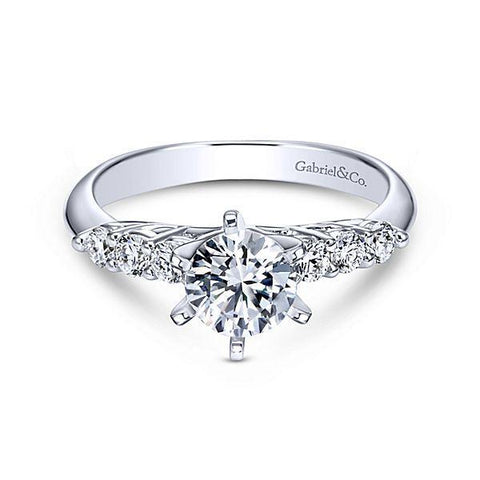
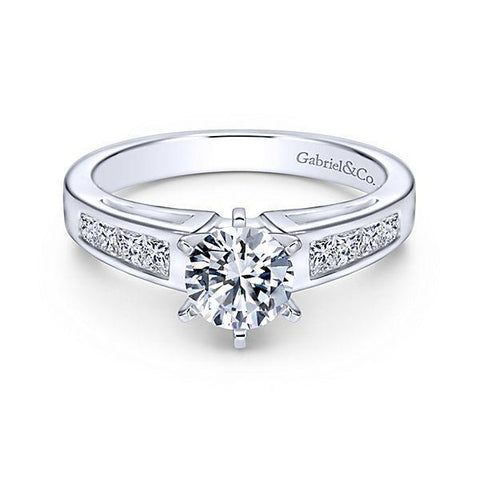
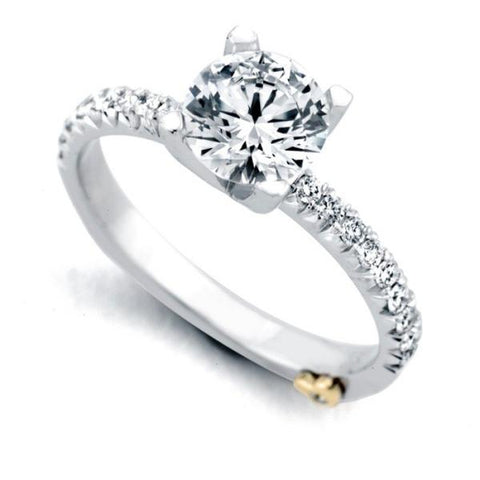
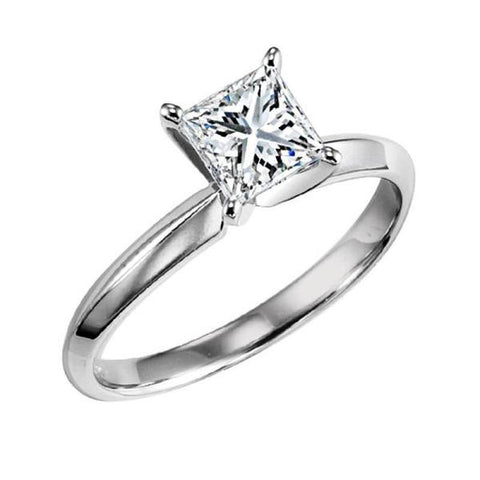
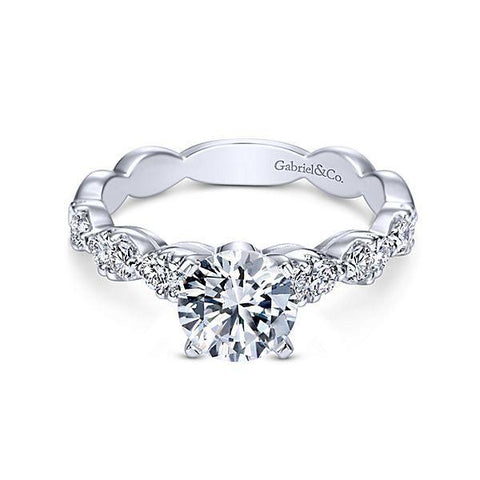
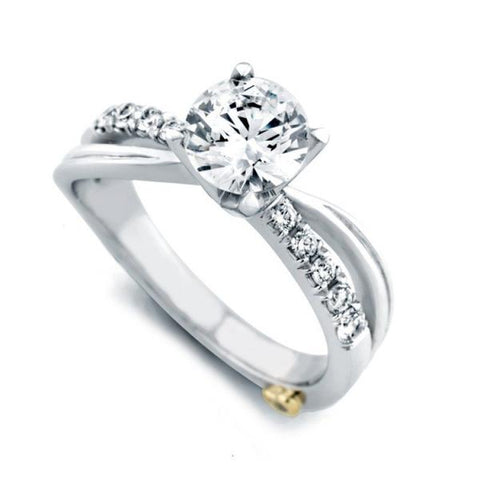
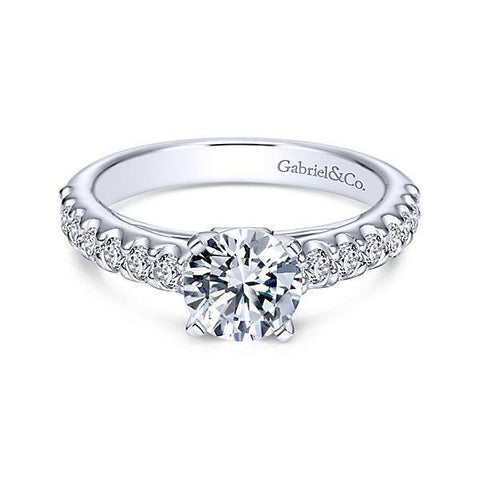

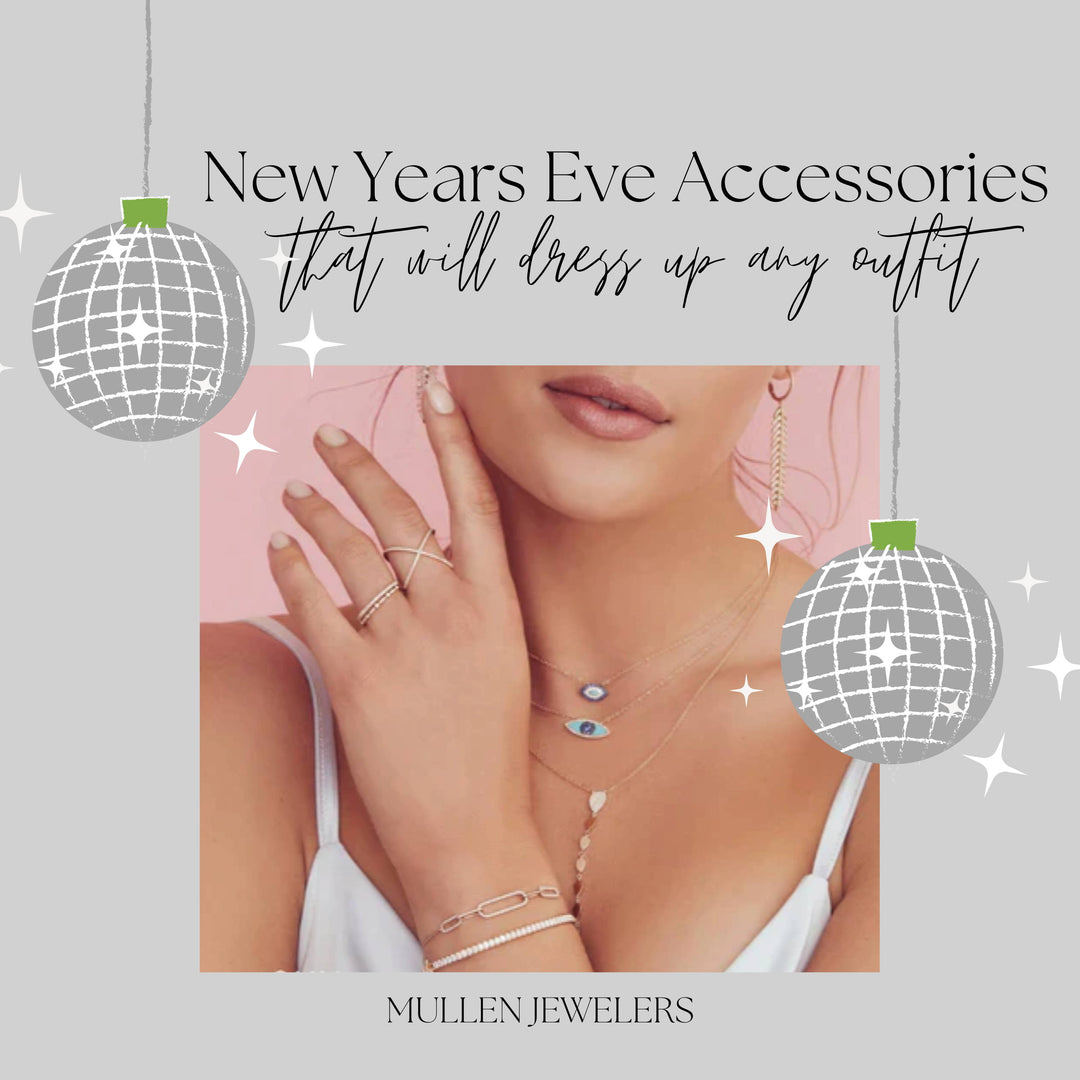

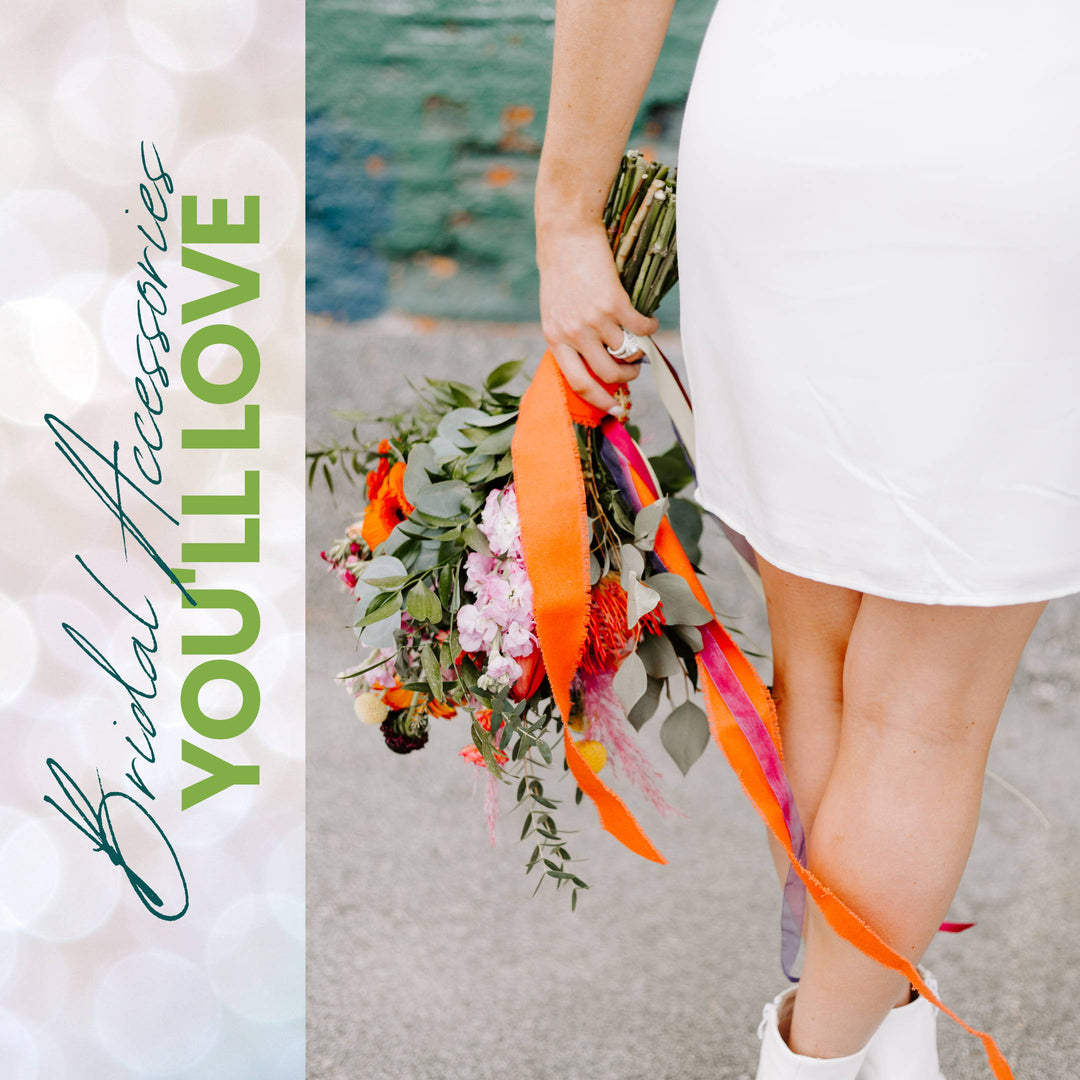
Leave a comment